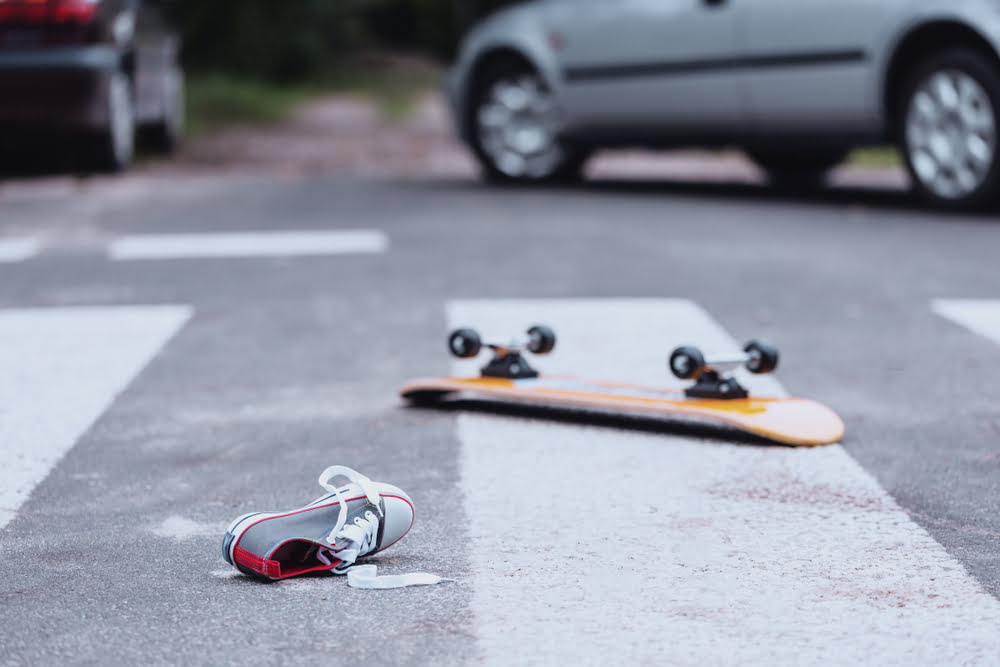The most recent figures from SWOV show that the social costs of traffic accidents in 2020 are estimated at no less than 27 billion euros.
On Wednesday 31 May, another Road Safety Committee debate will take place in the House of Representatives. SWOV (Foundation for Scientific Research on Road Safety) recently published an infographic for this debate, which once again makes it painfully clear how extensive the road safety problem in the Netherlands actually is.
The figures do not lie: both the number of road deaths and the number of injuries have increased, there is an increase in the use of alcohol and drugs in traffic and the costs of road safety in our country are enormous. And then I'm not even talking about the human suffering that lies behind these figures, says Marijke Brouwer – Poelgeest, Lawyer, Fonds Slachtofferhulp In short. It is high time to invest in effective preventive measures.
The most recent figures from SWOV show that the social costs of traffic accidents in 2020 are estimated at no less than 27 billion euros. The vast majority of these costs arise from immaterial damage: the enormous suffering associated with a traffic accident. A human life is actually priceless and the impact of losing it is often enormous.
An average of four direct next of kin are involved in every road death. And those four surviving relatives in turn have loved ones around them who care about them. The impact of a fatal traffic accident is, as it were, a web that spreads out and therefore extends much further than the numbers.

In addition to the immaterial damage that traffic accidents cause, it also costs society an enormous amount of money, such as medical costs, investigation and prosecution costs, congestion costs, etc. Can this not be done differently? For example, by investing as a society in (proven) effective preventive measures to improve road safety in our country.
Because why do we protect our society against violent offenders, but not against people who have committed a traffic offence? After all, they can just go back on the road as soon as their sentence and any driving ban is over. There is no such thing as 'traffic rehabilitation' now. And how is it possible that someone who has been arrested several times for driving under the influence just goes back on the road and then kills someone? Shouldn't we make this behavior impossible by, for example, reintroducing the alcolock, but then in criminal law?
In my opinion, investing in preventive measures will drastically reduce the costs of road safety. But much more importantly, human lives will be spared and a lot of grief and suffering can be prevented.
Marijke Brouwer - Poelgeest, Lawyer, Victim Support Fund.
Of course this entails an investment. But put these costs in a broader perspective. In the Netherlands we have opted for a system in which we want to protect society against criminals and measures simply cost money. For example, as a society we pay for the electronic ankle bracelet of a violent offender. If we didn't protect ourselves, the price we would have to pay would be many times higher. This is no different when it comes to road safety, says Marijke Brouwer – Poelgeest, Lawyer, Fund Victim support.



